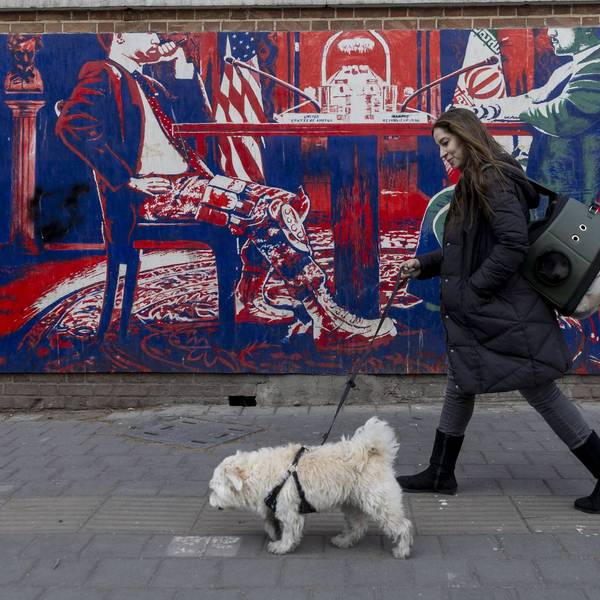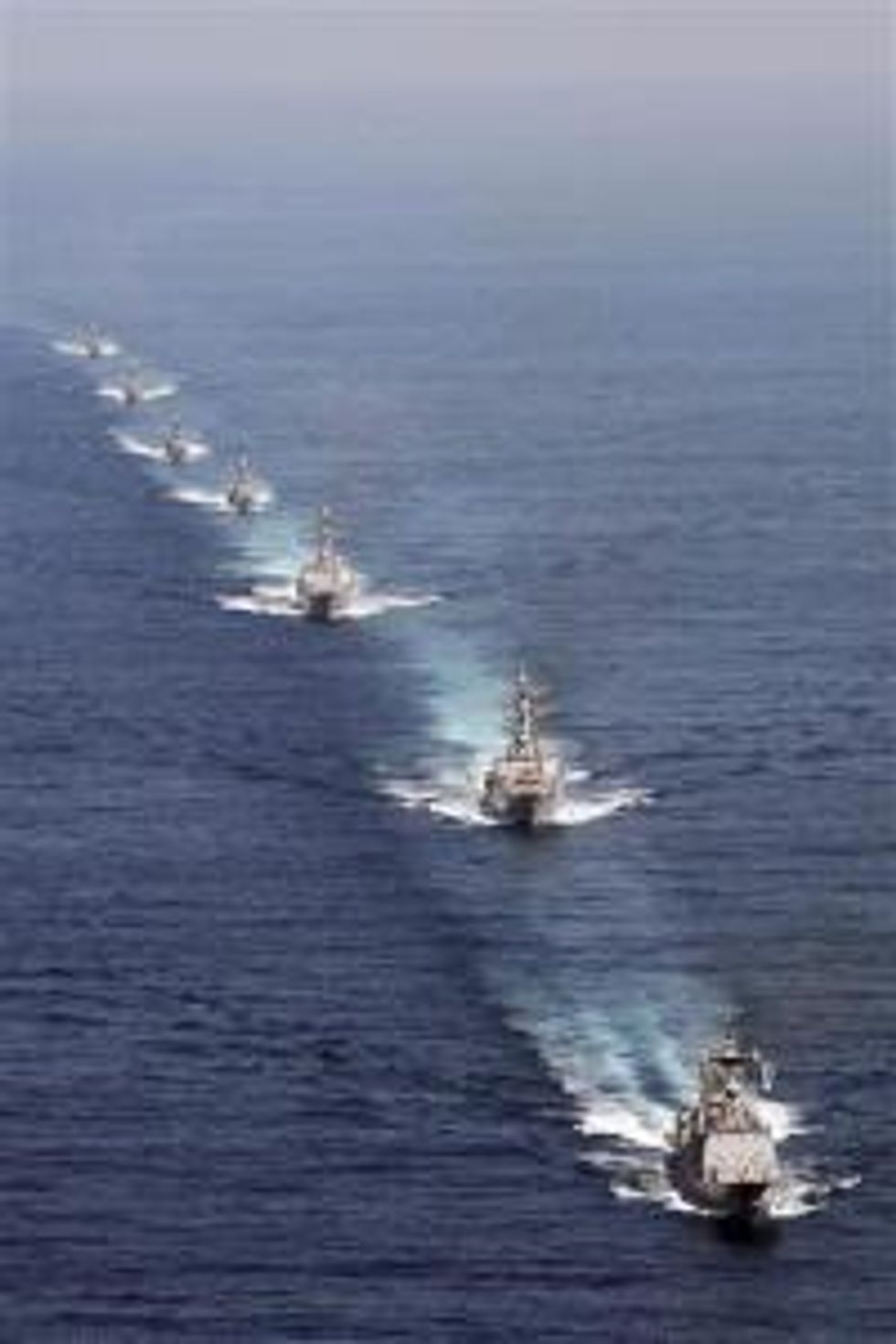Escalating tensions on the Korean peninsula Wednesday found North Korea fulfilling its earlier promise to block a shared industrial zone that many contend has acted as a buttress against aggression between the North and the South.
As the US military conducts provocative war games with its South Korean counterpart this week, China expressed serious concerns over the volatile situation. Critics of the US role say that deploying F-22 fighter jets, Naval battle groups, and bombers in the region is only making matters worse.
The Kaesong Industrial Park, located just across the border inside North Korea employs many thousands of workers from both countries, but Pyongyang has now blocked access to South Korean workers in a move that elevates concern for war.
Al-Jazeera reports:
[Correspondent] Harry Fawcett, reporting from the South Korean capital, said that historically, "even in the most serious of crises Kaesong has remained opened and remained operational."
A major "cash cow" for Pyongyang, Kaesong brings in $90m annually in wages to 53,000 North Korean workers, he said.
The operating stability of the complex is seen as a bellwether of inter-Korean relations, and its closure would mark a clear escalation of tensions beyond all the military rhetoric.
A shut down of the plant, said our correspondent, would mean "a real deterioration in relations between the two countries."
And Reuters adds:
The industrial park has not formally stopped operations since it was inaugurated in 2000 as part of efforts to improve ties between the two Koreas. It houses 123 companies and employs 50,000 North Koreans making cheap goods such as clothing.
Some South Korean experts said the North's move might be temporary given the park is a financial lifeline to Pyongyang.
At the South Korean border city of Paju, there was a sense of foreboding that Kaesong would be closed permanently, dealing a death blow to the one remaining example of cooperation between the two Koreas.
"Trust between North and South will fall apart, as well as the trust we have with our buyers. We're going to end up taking the damage from this," Lee Eun-haeng, who runs an apparel firm in Kaesong, told Reuters on the southern side of the border.
________________________




